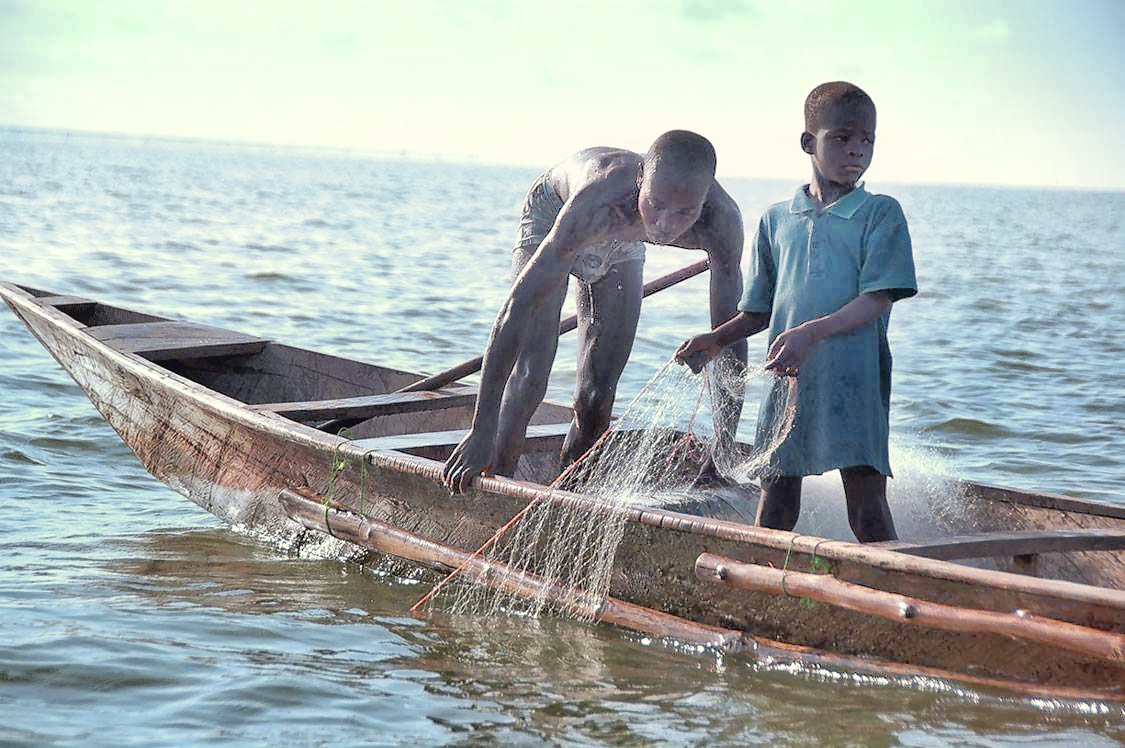Poverty thwarting fight against child trafficking – Child Protection Panel
 Poverty has been identified as the underlying cause of child trafficking in coastal fishing communities, forcing many to trade their children for pittance.
Poverty has been identified as the underlying cause of child trafficking in coastal fishing communities, forcing many to trade their children for pittance.
Participants at a two-day strategic planning seminar on Combating Child Labour and Trafficking in coastal fishing communities in the Central Region say the fight against the menace could only be achieved if the implementation of poverty reduction strategies were improved.
They indicated that despite government’s interventions to empower the people in such communities, high unemployment rates and endemic poverty remained prevalent, forcing many to trade their children for pittance.
They have, therefore, called on government to upscale the implementation of poverty reduction programmes, enforce fisheries laws and diversify livelihood empowerment programmes to significantly take pressure off the sea.
This would help rejuvenate the artisanal fisheries sector, which was their only source of livelihood, food and security.
This was in a Communique issued by the Child Protection Panel and read by Nana Ankamu Otabil IX, Chief of Gomoa Ankamu, at the end of the seminar in Cape Coast on Thursday.
It was organised by the Friends of the Nation, a non-governmental organization, under the Sustainable Fisheries Management Project, to help eliminate child trafficking and strengthen awareness in fishing communities.
The Communique, however, applauded the Government for instituting stringent measures, which had resulted in the drastic reduction of child-trafficking and charged it to do more to secure the future of children along Ghana’s coastal stretch.
It said: “Although, Ghana does not fully meet the minimum standards for the elimination of human trafficking, increased efforts by stakeholders has resulted in Ghana’s upgrade from Tier 2 Watch List to a Tier 2 Ranking in trafficking in Person (TIP) 2018 Report.”
The Communique said child trafficking undermined national development efforts and infringed on the Children’s Act (1998), Act 5, of the Human Trafficking Act (2005), Act 694 and Labour Act (2003), Act 651.
It acknowledged the immense contribution of non-state actors and charged Metropolitan Municipal and District Assemblies to commit adequate resources to education and campaign against child trafficking in their respective districts.
They must also incorporate activities of the campaign on Child Trafficking into their draft Medium-Term Development Plans between 2018-2021 and systematically rejuvenate child protection committees, enhance their capacity and back activities on community sensitisation and radio programmes.
In addition to that, key stakeholders such as the media, traditional leaders, faith-based organisations anti-child trafficking agencies must collaborate efforts to reveal and combat the menace.
Mr Kwamena Duncan, the Regional Minister, stressed the need for parents in fishing communities to instil good moral behaviour in their children and prioritise their welfare and development.
He called on the people to enrol their children in school and avoid the ill-treatment meted out to innocent children due to poverty.
Source: GNA
